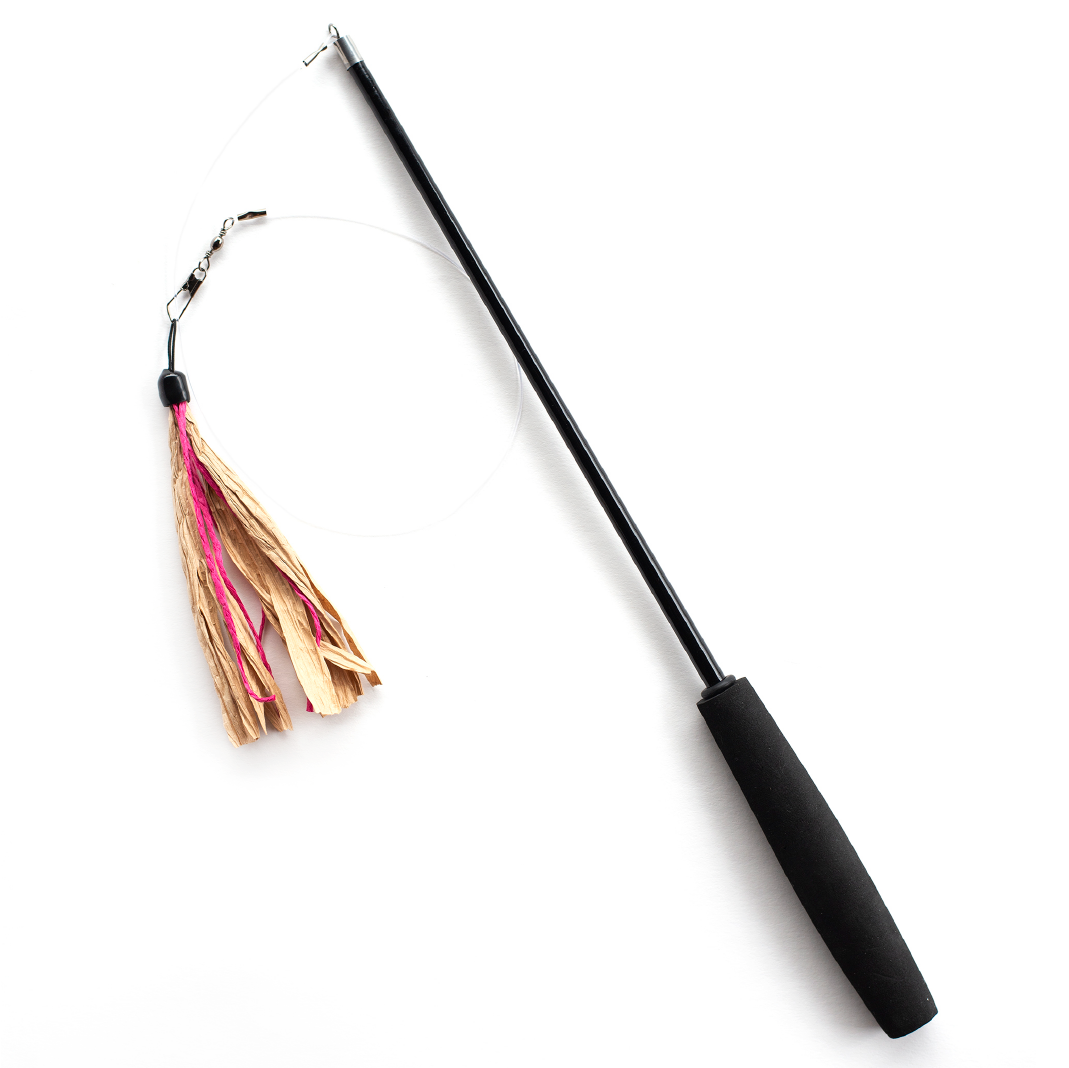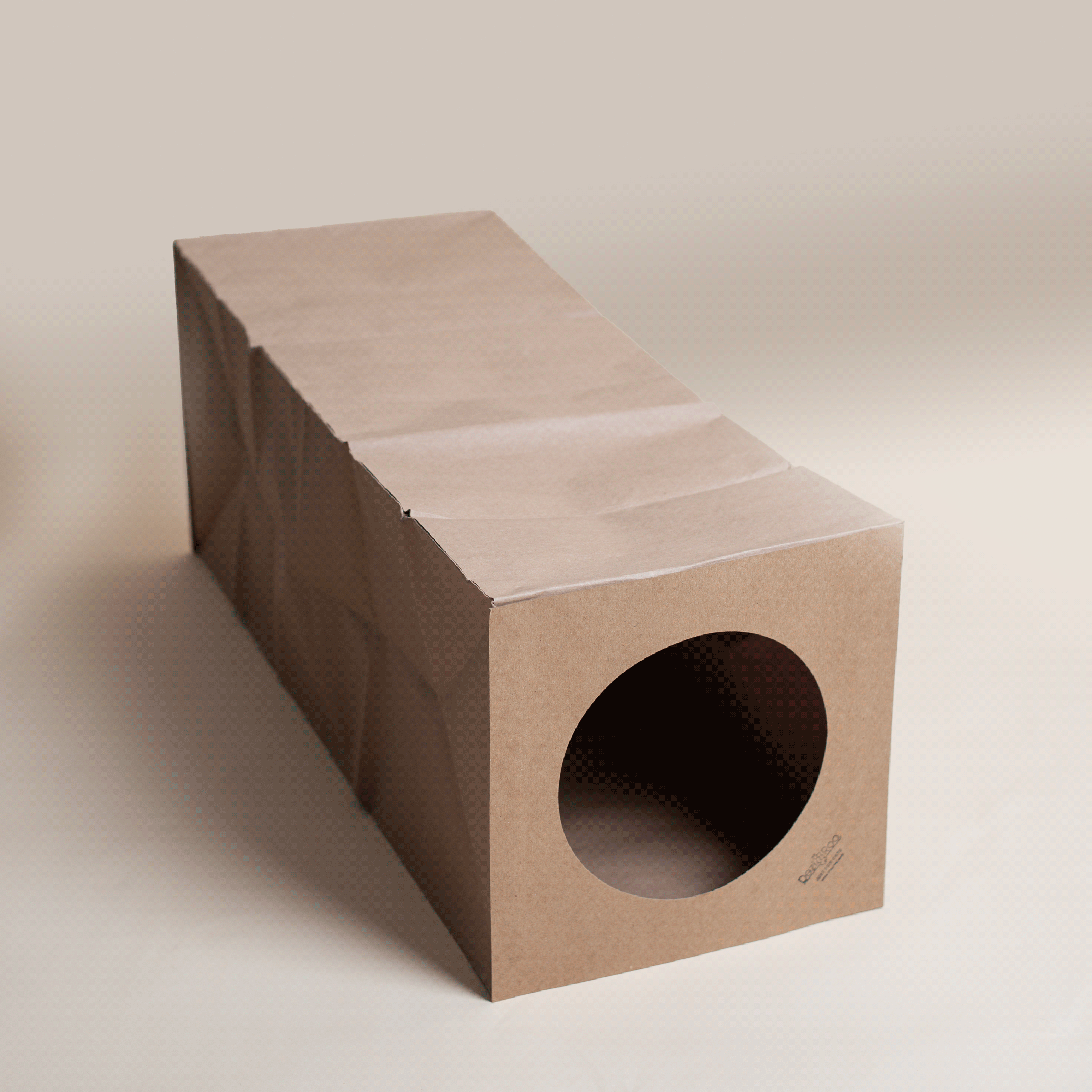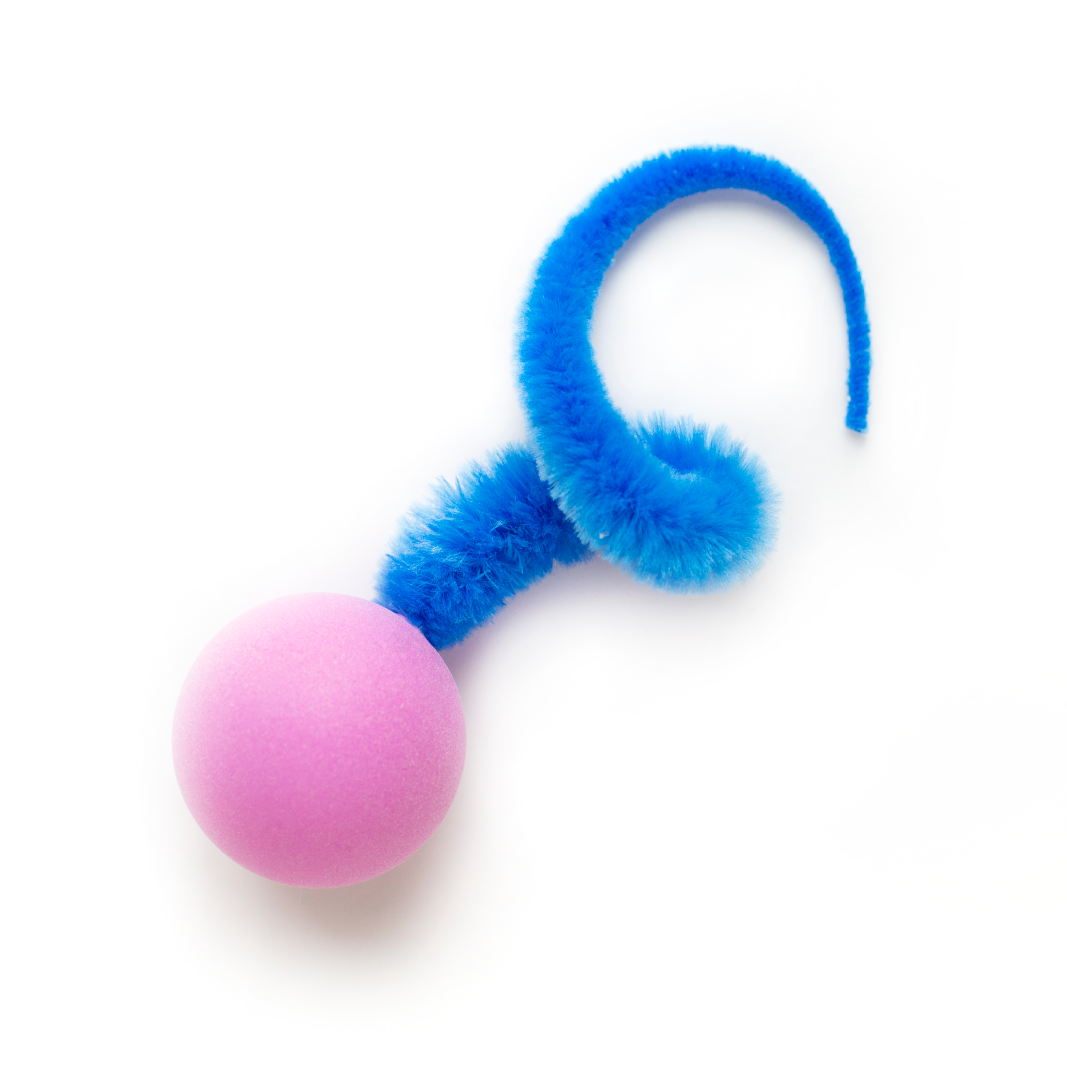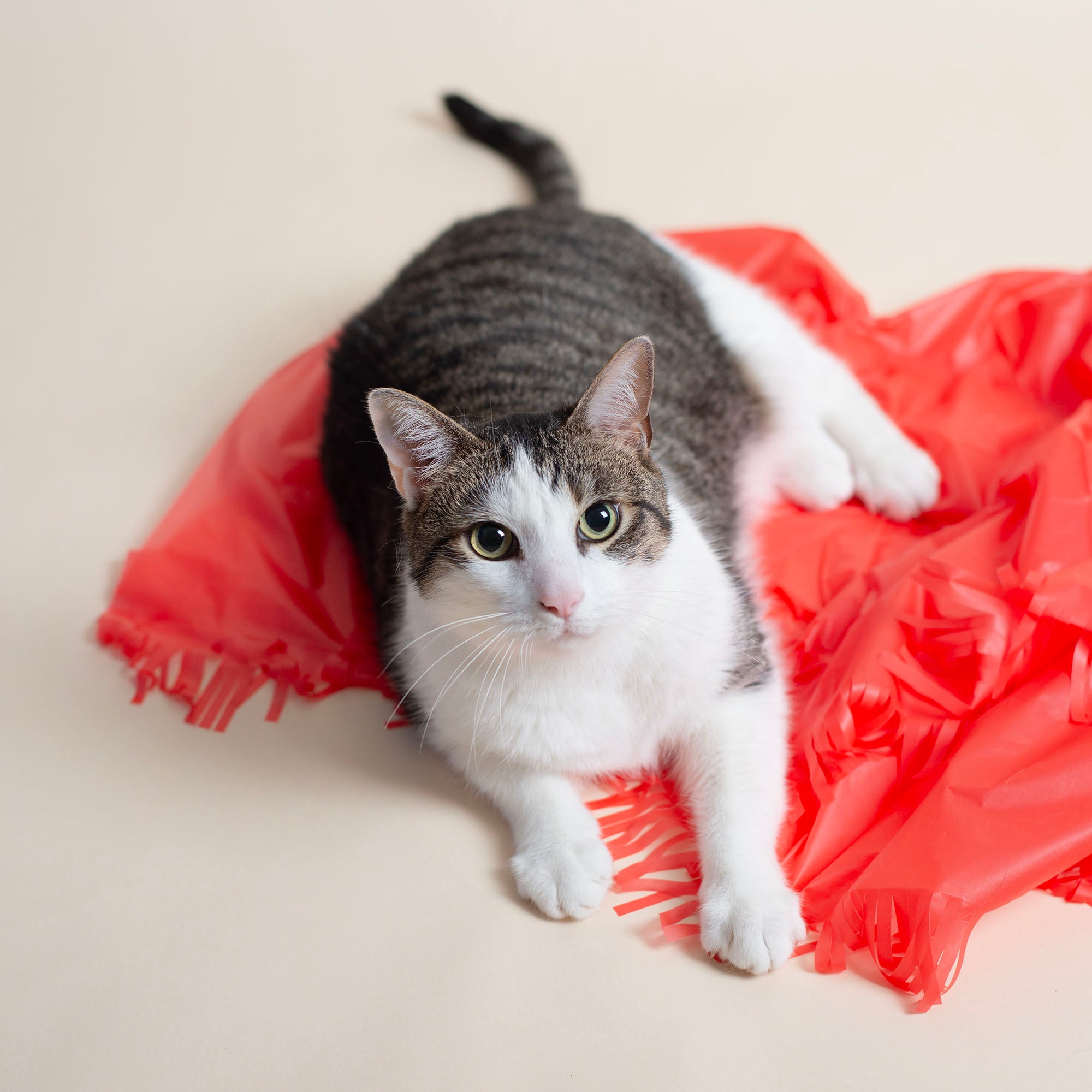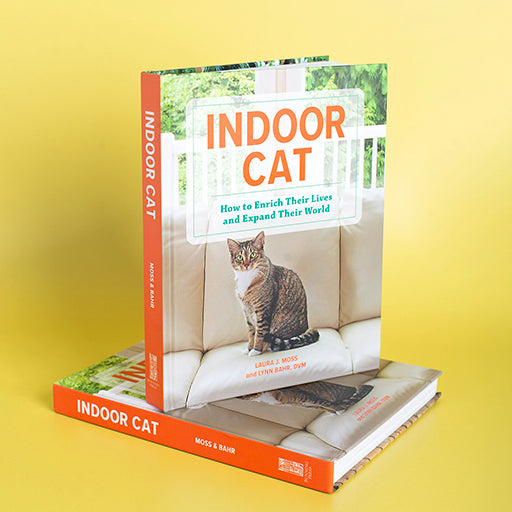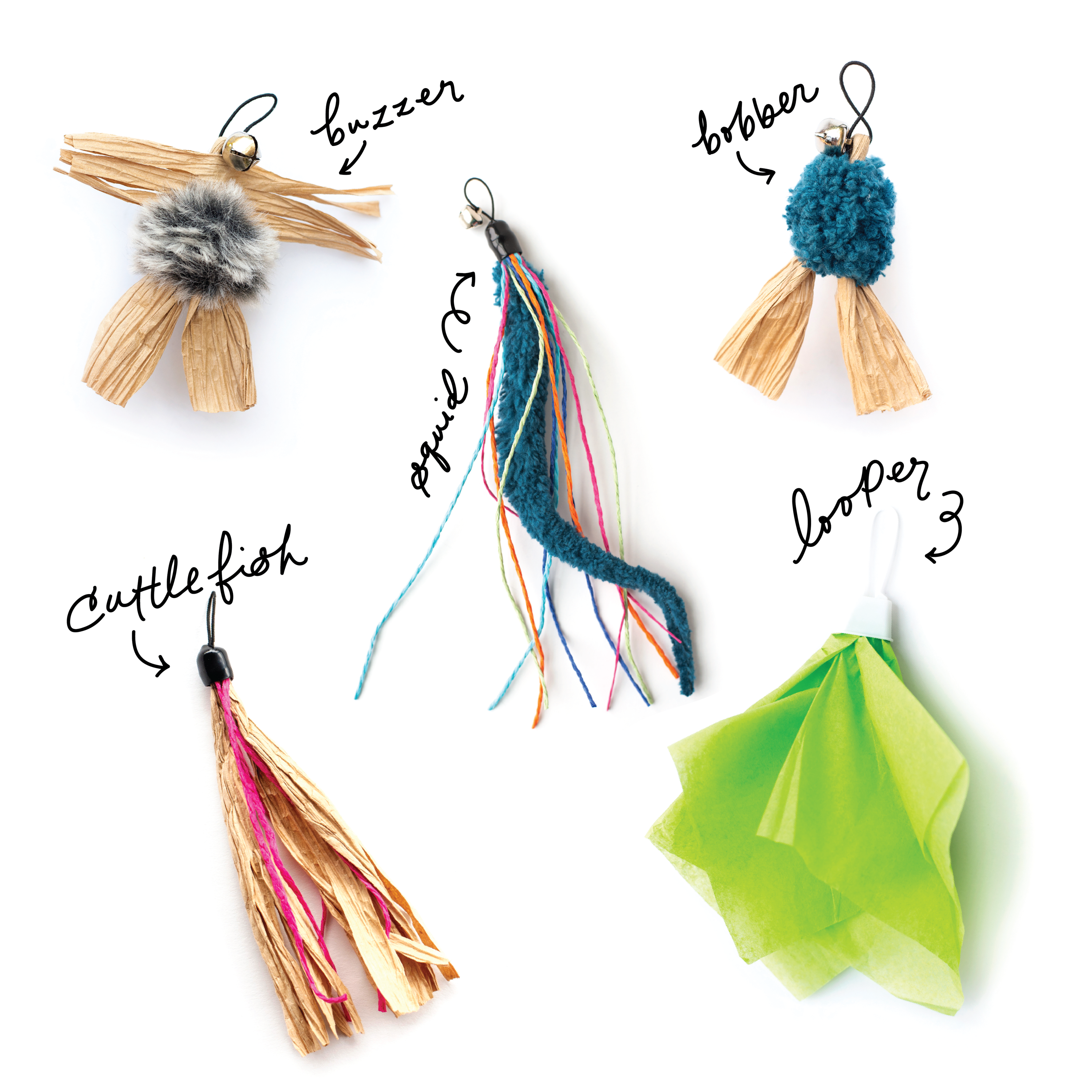Every Cat Owner Should Know These 10 Things

As a veterinarian, people often ask me how they can take steps to ensure that their pets are living the best possible life. I have come up with a list of the top ten things that I believe all cat owners should know in order to keep their pets happy and healthy.

1. Microchipping is essential.
![By Izvora (Own work) [CC BY-SA 3.0 (http://creativecommons.org/licenses/by-sa/3.0) or GFDL (http://www.gnu.org/copyleft/fdl.html)], via Wikimedia Commons](https://cdn.shopify.com/s/files/1/1640/4727/files/blog_Cat_chip2-2.jpg?4962128215885233886)
By Izvora (Own work) [CC BY-SA 3.0 (http://creativecommons.org/licenses/by-sa/3.0) or GFDL (http://www.gnu.org/copyleft/fdl.html)], via Wikimedia
Microchipping is easy, affordable, and provides your pet with permanent identification. Many cat owners are under the false assumption that because their pets don’t roam outside, it is unnecessary. Nothing could be further from the truth. Cats involved in car accidents on the way to or from the vet have the potential of becoming displaced from their owners. Natural disasters like tornadoes and floods separate pets from their homes. Intruders, burglars and even friends leaving doors open give cats an opportunity to escape. Unexpected events do occur and microchipping helps reunite pets with their owners easily.
2. Heartworm disease in cats is real and can be prevented.

By Luis Miguel Bugallo Sánchez (Lmbuga) (Own work) [CC BY-SA 3.0 (http://creativecommons.org/licenses/by-sa/3.0)], via Wikimedia
Mosquitos transmit heartworm disease and they do enter our homes. Therefore, even indoor cats are susceptible to heartworm disease. There is currently no treatment for heartworm disease in cats. The good news-- there is medication available to prevent heartworm disease and it is simple to administer either orally or topically. Consult your veterinarian about proper dosage and usage for your pet.
3. Regular veterinary checkups should be routine.

While vaccines are important for protecting against many diseases, the best reason to see a vet every year is for your cat to receive a thorough and complete physical exam. Any cat with that has chronic illnesses or is above middle age should be seen every 6 months. Yearly bloodwork helps your veterinarian watch for trends or changes in your pet’s health. This helps to diagnose many conditions early on, like kidney disease. I encourage owners to keep copies of their bloodwork and maintain medical files on each of their pets.
4. Vomiting is not normal.
 Wutsje / Wikimedia Commons, via Wikimedia Commons
Wutsje / Wikimedia Commons, via Wikimedia Commons
Despite what most veterinarians and owners think, we now know that chronic vomiting indicates something wrong within the gastrointestinal tract. If a cat vomits more than once or twice a month, they should be seen by a competent veterinarian. Even chronic hairballs are considered abnormal and should be checked out medically by a professional. Normal bloodwork will indicate whether the problem is within the GI tract or somewhere else. If the problem is within the GI tract, then an accurate diagnosis is important for a treatment to be effective. It will help the cat live a longer and healthier life.
5. Indoor cats need enriched environments.

Environmental enrichment for indoor cats is essential for health and well-being. Most cats living exclusively indoors lack sufficient exercise, enrichment or access to basic essentials like fresh air, direct sunlight, and grass. It is an owner’s responsibility to create suitable environments for their cats designed to enhance their lives. Boredom, obesity, and a myriad of inflammatory diseases can all be helped with the addition of enriched environments.
6. Declawing is never okay.

By Kevin Dooley from Chandler, AZ, USA (I knead you) [CC BY 2.0 (http://creativecommons.org/licenses/by/2.0)], via Wikimedia Commons
Declawing is not recommended by the CDC for immunocompromised patients. Declawing is never in a cat’s best interest -- it causes pain and lifelong problems. The ability for cats to use their claws to play, stretch, walk, jump, and climb are essential for their health, happiness, and general well-being. No cat deserves to lose their claws for the sake of being an indoor pet or to save the furniture. Our scratch post is the best available and most cats use it immediately. Providing your cat with a suitable scratch post is the most effective way to prevent them from tearing up your furniture.
7. Give your cat the opportunity to enjoy grass.

Many cats like grass and lack the ability to munch on it when housed indoors. It is important for owners to provide their feline companions with good greens in which to indulge. A blend of rye, wheat, oat, and barley is delicious and the most desirable way to provide a healthy salad for your cat. Another alternative is wheat grass (although it can be harsh on its own) or lemon grass, which can usually be purchased at the store.
8. Canned food is better than dry for so many reasons.
 https://commons.wikimedia.org/wiki/File%3ACanned_Cat_Food1.jpg
https://commons.wikimedia.org/wiki/File%3ACanned_Cat_Food1.jpg
To begin with, canned food is lower in calories (a small can equals approximately 80-90 calories while a cup of dry can exceed 400 calories). Canned food is higher in protein which is what cats need most. We all know that water is essential to life and canned food has a lot of it. Cats in the wild consume prey that is moisture rich and indoor cats should have opportunity to eat in a similar way. If you are worried about your cat's weight then don’t skimp on the wet food, skimp on the dry.
9. The importance of play cannot be overly stressed.

The opportunity to hunt is crucial to a cat’s livelihood. It is what makes their lives fun and worth living. Hunting is play and essential to your pet’s happiness-- and happiness is closely connected to good health. Cats exert energy and physical activity through play. Without sufficient entertainment their life becomes boring, under stimulated and stressful. Sadly, this is one of the most overlooked conditions cats suffer from but is easily preventable and is treatable. All it takes is a constant supply of fun toys and someone to play with.
10. Cats hide pain and illness because they are stoic creatures.

Owners should take any sign of illness seriously. By the time one realizes their cat is sick, it most likely needs immediate attention. AS mentioned above, veterinarian care is extremely important not only to treat diseases but to prevent them too. Just like humans, as cats mature their medical requirements differ. Young cats experience different illnesses and conditions than adults or geriatric cats do. And, every cat-owning family like you will benefit from the guidance of a highly qualified veterinarian who will see you and your beloved companion through every stage of life
Share:
2 comments
-
Great article, I would like to learn more about enriching the interior environment for my cat
anita on
-
Great suggestion for an upcoming post. Thank you so much. Indoor cats need stimulation, exercise and lots of variety in their lives. It is easy for them to get bored living life within four walls. We appreciate your interest in learning more ways to enrich their environment and your cats appreciate it too.
Dezi & Roo on

